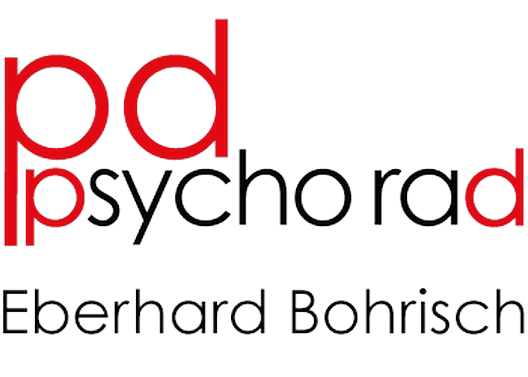The ambiguity of our perception
But I have seen it!
After all, I was there.
I know this feeling well. „This can’t be true!“
Someone tells about an event where both of us were there, and I?
I remember something completely different.
Do you know this too?
It is difficult for us to accept that there is no truth but only, in my example, two perceptions.
In coaching, we meet the problem on two different levels.
The coachee reports his perception, which for him is the truth.
To question this is part of coaching.
The second level is the perception of the coach.
He hears, sees and understands the conduct of his coachee and his narrative. And what he hears, sees and understands is the truth in his perception.
In everyday life, that would be perfectly fine. But when I deal professionally with people and their problems, I cannot afford the naive attitude of regarding my own perception as truth. I will have to question it fundamentally.
The psychology of perception is a relatively old, knowledgeable branch of psychology. That means that it can describe how our perception works and also which typical deceptions occur.
We know that we see things that are not there and that we do not perceive things that are in our field of vision. If other people depend on the quality of my judgement, I find that a disturbing insight.
Perception has to be an essential part of any coaching education. As a coach, I need to know that I am undoubtedly subject to error and must learn how to reduce the likelihood of error. That requires knowledge and practice.
I want to name two of the most common errors of perception.
It is the experience of causality, and we cannot deal with probabilities.
Our perceptual system is designed in such a way that we experience events that are linked in time and/or place as causally linked (cause-effect). That is also true if the two events fit into a pattern anchored in our „knowledge“.
We cannot escape the impression of a causal link!
On the other hand, we know that the circumstances we deal with in coaching are always embedded in a complex set of conditions, so that 1-to-1 relations (A happened BECAUSE B was) are almost non-existent.
In coaching, this means that I always have to distrust my first impression.
Most of us experience driving a car as much safer than flying. On the other hand, most of us know that the probability of getting hurt is precisely the opposite. Naively, we can do nothing with probabilities.
This problem also arises in coaching when we have to decide what to rely on in our work. We have our own experience, the opinion of colleagues and scientifically proven facts.
When these three conflict, we can only move forward if we have at least basic epistemology knowledge. We need to be able to judge the value of our own experience and scientific work from a higher level. I think that our clients can expect that from us.
If at the end of our coaching training, we have made the knowledge of our fallibility a fixed pattern of thinking, the training has been successful.
